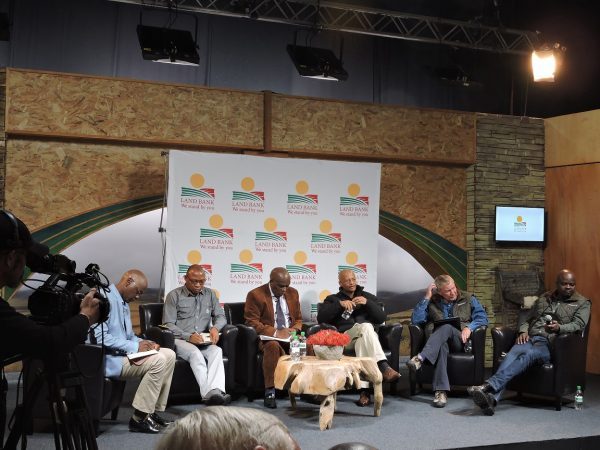With the lead up to this year’s Nation in Conversation debates taking place at NAMPO – from the 15th to the 18th of May – one of the sessions will focus on the role of women in the agricultural sector. While it’s a well-known fact that the number of women participating in the South African agricultural labour market amounts to some 278,000 individuals, roughly a third of the sector’s total labour force, with the World Bank putting women’s share of labour in crop production at an average 40% across the rest of Africa, a perhaps more important issue is how female leadership in the sector is shaping up.
Some progress has been made in the past few years in increasing the number of women in management positions within the sector, with several national agricultural associations and organisations having prominent women at the helm.
For AFGRI, South Africa’s leading agribusiness, now in its 95th year of doing business, the issue of female participation, particularly at a leadership level, has been a firm priority for several years. Testament to this is the fact that Marion Shikwinya has for several years been the Managing Director of the group’s Harvest Time Investments, an initiative focused on the development of the country’s small-scale farmers, many of whom are themselves women.
With the recent appointment of Rivasha Maharaj as CFO, and Thabi Nkosi as Head of Business Development, the agricultural group has taken another stride forward in ensuring more female participation at a senior level.
According to Chris Venter, the CEO of AFGRI Group Holdings, this is an important development for the group: “We need diversity in all key positions of the agricultural sector, particularly because the sector is viewed as one of the mainstays of growth and development in this country. As such, it is important that diversity is prioritised without compromising on the qualifications, skills and experience needed to take the sector – and AFGRI – forward.”
As the new CFO of AFGRI Group Holdings, Maharaj sees her role as an exciting challenge, allowing her the opportunity to drive change and strategy within the business, and in so doing, impact both the financial and social aspects of the group positively.
For Nkosi, an agricultural economist by training and background, the issue of gender parity remains critical. “My inspiration comes from all the women who have beaten the odds to achieve success in various areas. I would like to empower others through my example.”
She views the two most important challenges for the country in terms of agriculture in the next five years as being setting clear policy on the land question, and how South Africa will adapt to the increasing occurrence of extreme weather events brought on by climate change.
According to Harvest Time Investment’s Shikwinya, the issue is a complex one: “The future of agriculture will be impacted by many things, including climate change, consumer demands, availability of arable land, water scarcity, etcetera, and so I believe it’s difficult to determine exactly what the greatest of these challenges will be. And I would say that unless we are as a country able to embrace innovative solutions to ensure sustainable agriculture, we will continue to see challenges. The ability of the sector to thrive in South Africa, particularly in food production, will depend on the ability of producers to adapt to and implement solutions that will be brought about by what could be termed the ‘agri-technovation’ era.”
On the question of the role of women in agriculture, Shikwinya believes women have always been involved in the sector, in one way or another. “Historically, women helped to grow food for their families. They certainly have a proven ability in primary production, although we need to focus more and more on leading female primary producers in our country. The important thing to recognise though, is that primary production is not the only area in which women can contribute to the sector. Women can play a leadership role in terms of driving innovation, influencing decisions in large agricultural services companies, and in policy making in government, as examples. It is, therefore, important that the sector focuses on creating an environment in which women can thrive, no matter the area they chose to be involved in.”








